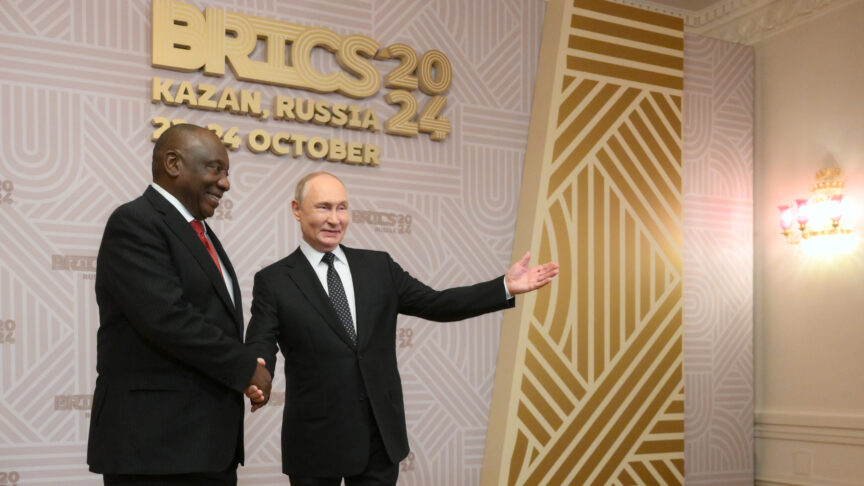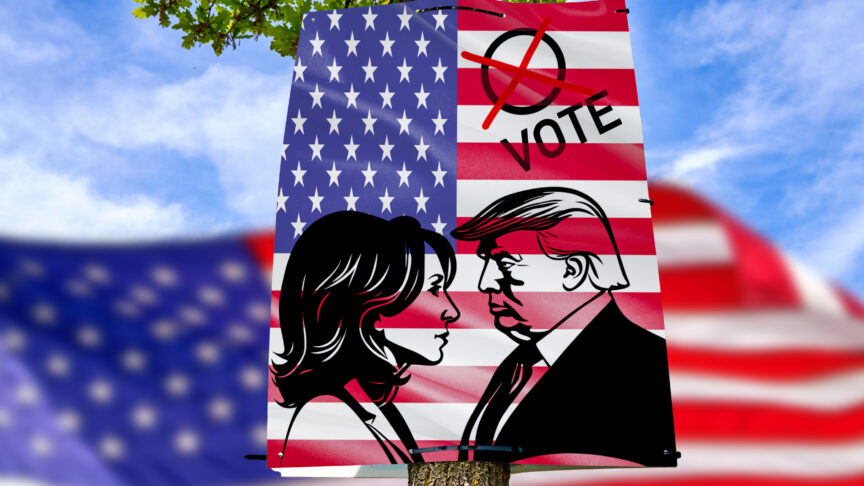How Europe can help Iran fight covid-19
European governments and the EU should press the US to strengthen the humanitarian exemptions in its Iran sanctions.
Iran became an early epicentre of the covid-19 outbreak due to its close political and economic relations with China. Yet the Iranian healthcare sector overwhelmingly depends on European medicine and medical devices – products that China has been unable to replace. While the European Union and its member states must prioritise their own fight against the virus, they should also protect this important humanitarian connection with Iran.
The Iranian healthcare system is reliant on long-standing relations with European suppliers to see it through the crisis. If there is a grave breakdown in either this supply chain or Iran’s healthcare sector, it will spell trouble for Europe. Given that Iran continues to be the epicentre of the pandemic in a fragile Middle East, the coronavirus is likely to lead to increased refugee flows (particularly among Afghan communities) to Europe. Despite their conflicting opinions on the leadership in Tehran, Europe’s Iranian diaspora community – who, until recently, often travelled to Iran – broadly agree on the need for enhanced humanitarian assistance to Iran, which could save hundreds of thousands of people.
Following two years of recession linked to systematic mismanagement, falling oil prices, and the unique pressure created by US sanctions, Iran’s government is facing extreme trade-offs between the optimal public healthcare response and the need to prevent a full-blown economic crisis. These sanctions hamper Iran’s immediate response to covid-19. Despite their humanitarian exemptions, the measures make the import of medicine and medical equipment – as well as the raw materials needed to produce many of these goods in Iran – both slower and more expensive. This erodes the capacity of the Iranian healthcare system to replenish its inventories as Iran’s outbreak moves into its third month. Moreover, the Iranian government cannot afford the type of economic stimulus packages that governments across the globe have implemented to reduce the impact of lockdowns.
While the US has made general offers to send aid to Iran, leaders in Tehran will perceive them as disingenuous for so long as the sanctions are in place. Given the sharp downturn in US-Iranian relations under the Trump administration, it is unrealistic to think that either the United States will provide full sanctions relief or that Iran will accept aid from a country it believes to be pursuing regime change in Tehran. Although the more hard-line elements within the Iranian system are suspicious of European assistance (as recently reflected in Iran’s sudden rejection of aid from Médecins Sans Frontières), there is some breathing room for the country to cooperate with Europe on this front.
Iran’s government is facing extreme trade-offs between the optimal public healthcare response and the need to prevent a full-blown economic crisis.
Building on recent announcements by the EU, France, the United Kingdom, and Germany, European governments should continue to provide financial assistance and other aid to Iran’s public healthcare system and trusted NGO partners working in the country. European companies can also boost humanitarian trade via the Instrument in Support of Trade Exchanges (INSTEX) – which has now processed its first transaction, targeting Iran’s core public healthcare needs in the fight against covid-19.
The European Commission has implemented export controls on key items in the fight against covid-19, to minimise shortages in Europe. This move puts Iran and other low-income and developing countries at even greater risk, given their significant reliance on European exports. Rather than cut these supply chains, which forces Iran to turn to China and Russia, the EU should explore whether Iran could ramp up its production of basic medical equipment, such as surgical masks, to help meet demand in Europe. This would allow European manufacturers to focus on the production of more advanced items, such as face shields – the surplus of which it could/ sell to Iran.
Most importantly, European governments and the EU should press the US to strengthen the humanitarian exemptions in its sanctions. European leaders should urge the US Treasury to expand and clarify the scope of these exemptions to directly include products Iran needs to combat covid-19 effectively. Such clarification, which could take the form of a “white list” of goods, should allow European companies to apply General License No. 8, under which the Central Bank of Iran can help facilitate humanitarian trade.
Given the unprecedented humanitarian fallout from the covid-19 crisis, European governments should also urge the US administration to issue comfort letters to European banks that already conduct enhanced due diligence on trade with Iran. This would help reassure these banks that the US Office of Foreign Assets Control will not penalise them for providing payment channels to exporters of humanitarian goods. The Trump administration recently took the unprecedented step of issuing such a letter to Swiss bank BCP under the Swiss Humanitarian Trade Arrangement. As former US official Richard Newphew has argues, the US could provide similar letters to manufacturers and transport firms, helping reassure companies across the entire medical supply chain that they can facilitate sales to Iran.
While the International Monetary Fund reviews Iran’s $5 billion loan request, European governments should press the Trump administration to temporarily allow Tehran to access Iranian foreign currency reserves. In this, the administration could restore the escrow system that enabled Iran to use its accrued oil revenues to purchase humanitarian goods prior to May 2019. These funds (including those in Europe) could be subject to existing enhanced due diligence requirements and spent within the countries in which they are currently located. The funds in Europe could also be linked to INSTEX.
Such US measure could be met by confidence building humanitarian steps by Iran, not least the release of American detainees. In particular, France and the UK – some of whose nationals Tehran has released from prison (either permanently or temporarily) in recent weeks – should stand ready to support these efforts. Europeans actors should emphasise that targeted relief need not change the substance of the Trump administration’s policy on Iran or reduce its leverage in potential negotiations with the country. Should Europe and the US fail to provide relief to Iran in such grave circumstances, this would turn the Iranian public against them for generations. And it would give ammunition to those in Iran who favour confrontation with the West.
Esfandyar Batmanghelidj is the founder of the online platform Bourse & Bazaar.
The European Council on Foreign Relations does not take collective positions. ECFR publications only represent the views of their individual authors.


